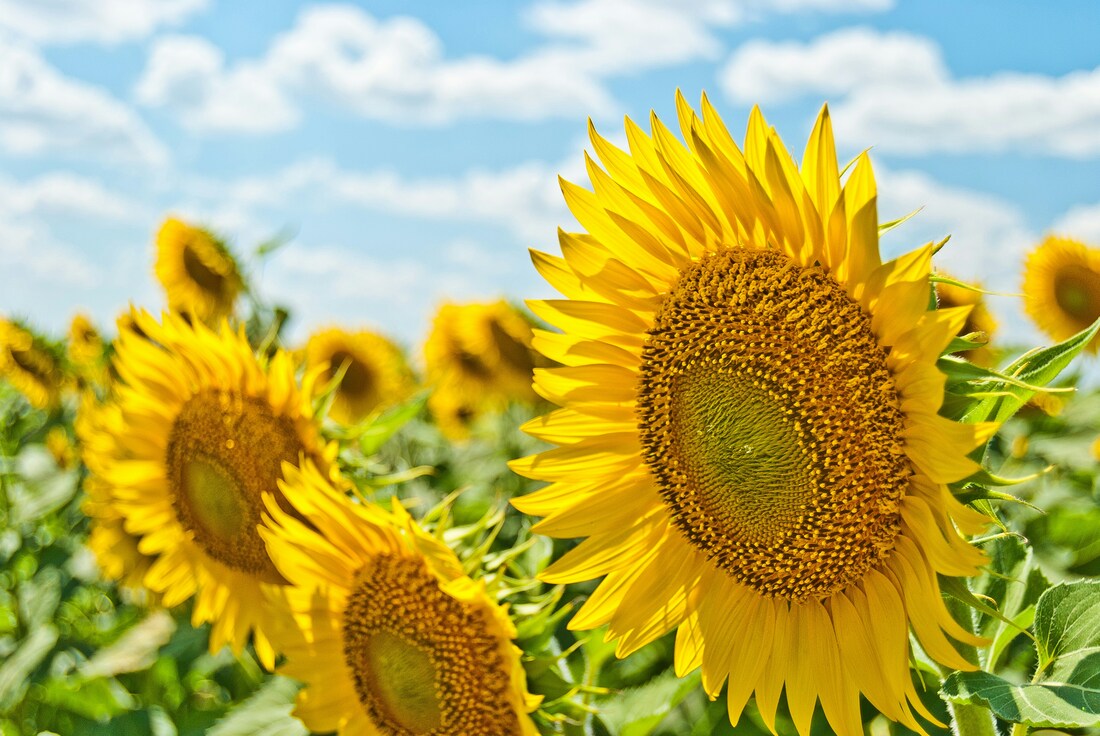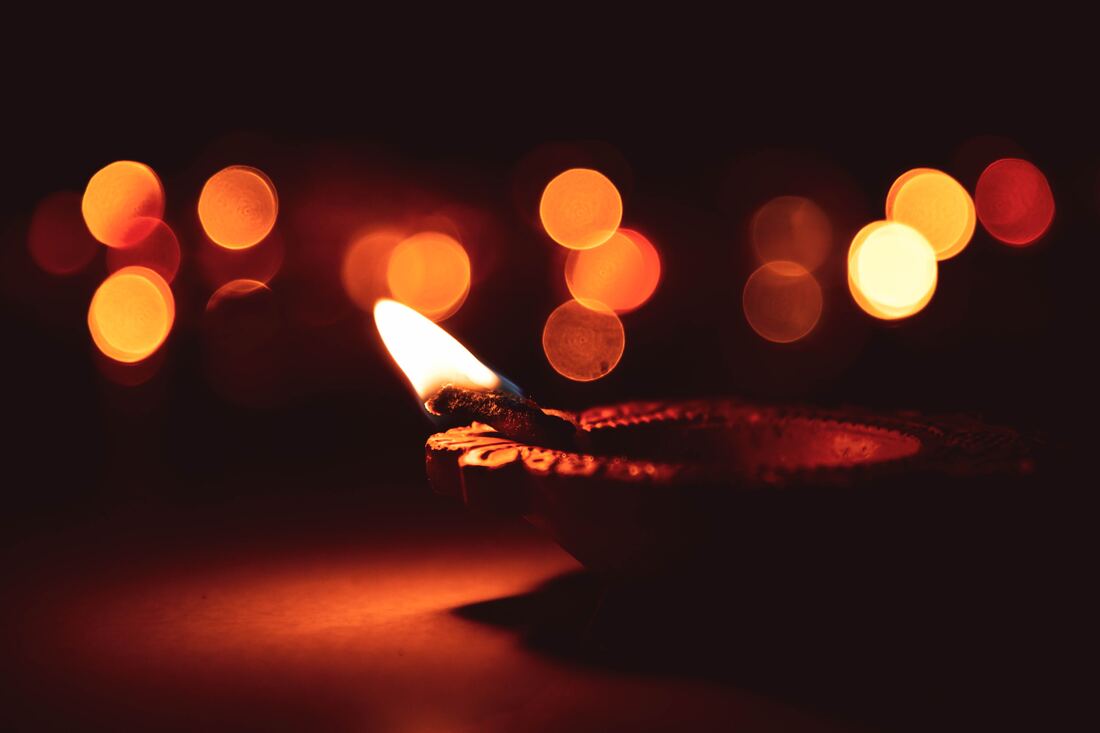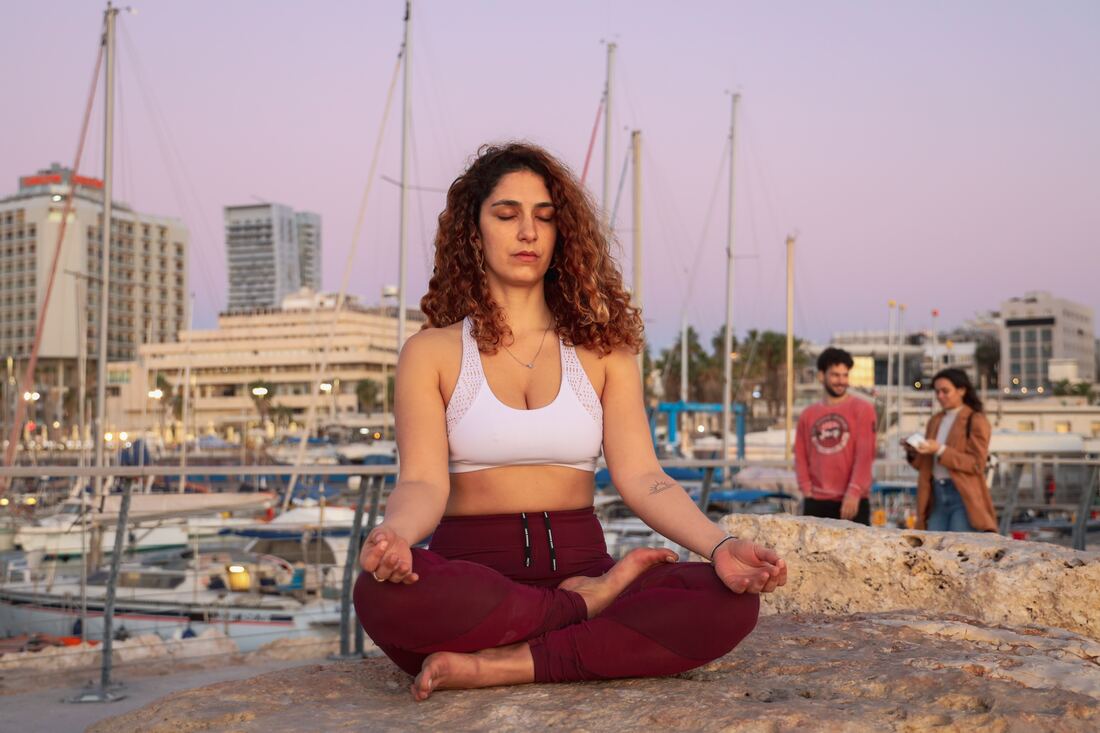|
Lots of people have difficulty with motivating themselves to do things. Ever felt stuck in a rut or that each day was the same - just a little bit mundane - on repeat? The reality is most people have responsibilities and commitments that see them engaging in repetitive behaviours such as commuting to and from work. How can we make life more fun, rewarding and improve our psychological well being and life satisfaction at the same time?
Engaging in new experiences can have a profound impact on mental wellbeing. Whether it's learning a new language, cooking a new recipe, or picking up a new hobby, these activities can stimulate the brain, enhance emotional health, and boost overall life satisfaction. Here’s some practical ideas to get started today:
Even better combine two motivators together - such as learn a new language with an app - in preparation for a travel destination to somewhere new. Engaging in new experiences can significantly enhance mental wellbeing. From promoting neuroplasticity and cognitive function to boosting emotional health and resilience, the benefits are clear. So, whether it’s learning a new language, trying out a new recipe, or picking up a new hobby, embrace the opportunity to step out of your comfort zone and experience the mental health benefits that come with it.
0 Comments
As we move from spring towards summer we notice the changes in nature as we look out the window or go on a walk. Scientists studying nature's cycles have found an inherent rhythm—a dance of impermanence. Trees shedding leaves, flowers blooming, seasons transitioning—each phase illustrates the transient nature of life. Recent psychological studies echo these observations, highlighting the positive impact of embracing change in cultivating resilience and wellbeing.
Through the practice of mindfulness we can observe these cycles, recognising the impermanence of our own existence. Through observation we can discover the art of acceptance, the wisdom to let go, and the courage to welcome what comes next. Accepting change is an active process of letting go of resistance, fostering adaptability, and finding peace within transitions. Mindfulness practices, such as meditation and mindful breathing, mirror nature's rhythm. They guide us to acknowledge our thoughts and emotions without getting hooked by them, teaching us to flow through life's changes gently. In the busyness of our lives, finding moments of calm and reflection has become increasingly challenging. However, the practice of mindfulness offers a pathway to inner peace and a deeper connection to the present moment. Let’s explore the connection between mindfulness and the ancient festival of Diwali, a celebration of light and the triumph of good over evil.
Mindfulness is the art of cultivating a heightened awareness of the present moment without judgment. Rooted in ancient contemplative traditions, it has found its place in contemporary society as a powerful tool for managing stress, improving focus, and enhancing overall well-being. Diwali, also known as the Festival of Lights, holds profound cultural and spiritual significance in various traditions. It symbolises the victory of light over darkness and good over evil. The parallels between mindfulness and Diwali become evident when we consider the following: 1. Inner Light: Diwali encourages the illumination of inner light, representing the clarity and wisdom that comes with self awareness. Similarly, mindfulness guides individuals to find their inner light by being fully present and embracing self awareness. 2. Conquering the Darkness: Diwali celebrates the triumph of light over darkness, mirroring the mindfulness journey where individuals confront their inner struggles, anxieties, and distractions, ultimately overcoming them through focused awareness. 3. Connection and Presence: Diwali is a time for family and community gatherings. Mindfulness fosters a sense of connection by encouraging individuals to be fully present in their interactions, strengthening relationships and promoting a sense of unity. As many of our community members celebrate Diwali, let us also take a moment to reflect on the profound connection between mindfulness and this festival of light. By incorporating mindfulness practices into our lives, we not only enhance our well being but also align ourselves with the timeless wisdom embedded in traditions like Diwali. In the union of mindfulness and Diwali, we find a pathway to inner illumination and a deeper appreciation for the present moment. Researchers have identified important factors that determine whether or not someone establishes meditation as a lasting cornerstone habit in their life: (Lam, Riordan, Simonsson, Davidson, & Goldberg, 2023):
Factors That Help People Stick with Meditation:
Factors That Might Make It Harder to Persist Meditating:
Factors That Don't Seem to Affect How Long You Stick with Meditation (eg. for a lifetime):
Reference: Lam, Riordan, Simonson, Davidson, & Goldberg. (2023). Who Sticks with Meditation? Rates and Predictors of Persistence in a Population-based Sample in the USA. Mindfulness, 14(1), 66-78. |
AuthorAmanda Hall is a Clinical Psychologist with over 25 years' experience Archives
November 2023
Categories |





 RSS Feed
RSS Feed